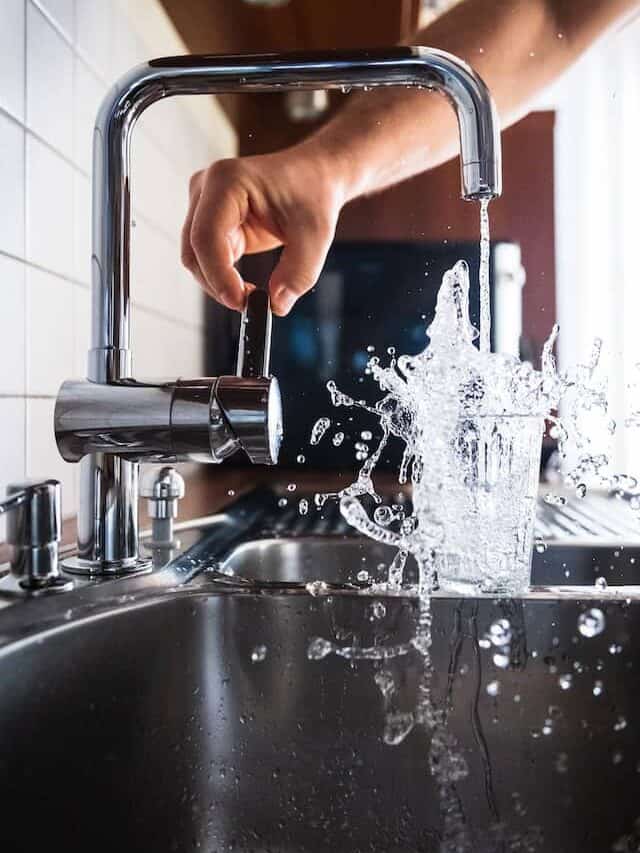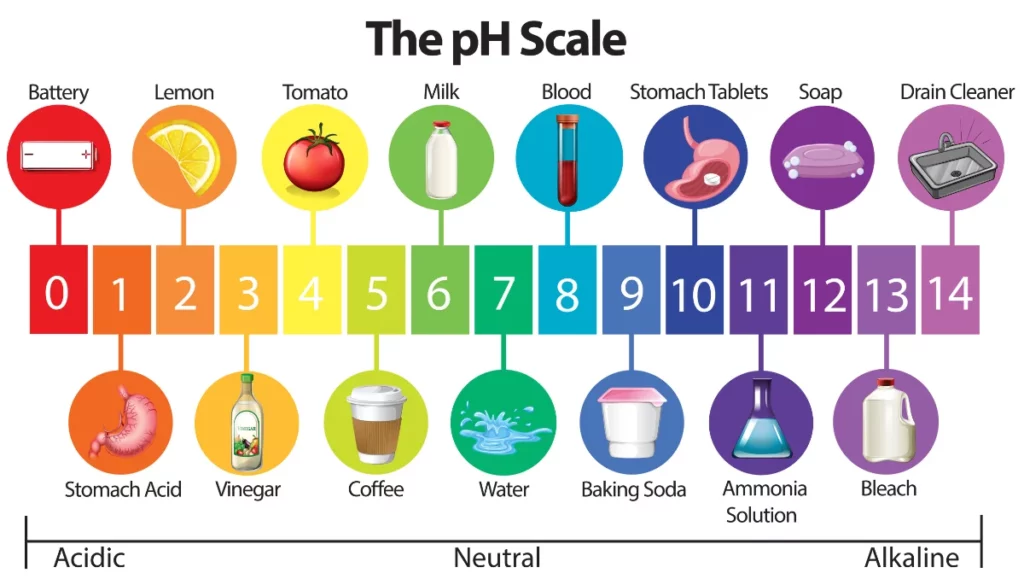5 Reasons Why a Good Water Filter is Important
Water plays a vital role in maintaining our health, well-being and supporting our daily activities. However, drinking water is not universally available. Many water sources are contaminated with bacteria, viruses, chemicals, and other toxins. To ensure the quality and safety of the water we consume has no harmful substances and to prevent any negative impact on the taste of our food it is crucial to have a reliable filtration system in place.

A water filter eliminates harmful substances and microorganisms from drinking water. By water passing through a series of filter elements, impurities are bound and removed. The filter element may be physical, such as a filter cloth, or chemical components like silver, activated carbon, or silica gel. Modern water filtration systems are highly efficient at removing contaminants from tap water. They can also filter water in emergency situations, such as hiking and camping when clean water is limited or not available. So, why do you need a good water filter?
1. Enjoy better tasting water with a water filter
Water can have a variety of tastes and odours depending on the number of minerals and contaminants it contains. Certain cities or regions add chlorine to the water to eliminate bacteria and microbes, but it imparts a distinct smell and flavour. Many people find tap water unappealing due to the unpleasant taste and instead prefer water with a mineral-rich flavour, like that of pure mountain spring water.
A water filter can dramatically enhance the quality of drinking water. It eliminates contaminants that leave unpleasant odours, and also reduces the presence of heavy metals that may alter the taste. Big Berkey water filters offer advanced systems capable of removing chlorine, chloramine, fluoride, cysts, and giardia while infusing beneficial minerals like calcium, magnesium, and iron.
2. Ensure the safety of your water supply
Many pollutants travel through our water systems, ultimately ending up in our drinking water. Certain toxins can accumulate in the body over time, leading to severe health conditions. In undeveloped regions where water is not properly regulated or considered safe, people often get sick due to waterborne diseases such as cholera, typhoid fever, and diarrhoea. These harmful microorganisms can even lead to more severe ailments, including heart disease and certain forms of cancer. Chemical exposure can cause skin irritation, respiratory problems, and other disruptions to bodily functions.
A water filter serves as a safeguard against harmful chemicals, bacteria, viruses, and other microorganisms. It ensures your drinking water remains free from harmful pathogens and toxins. Modern filtration systems can filter out 99.99% of microorganisms, including Escherichia coli (E. coli), Cryptosporidium, and Mycobacterium. They also eliminate arsenic, pesticides, fluoride, chlorine, nitrates, and other harmful substances, ensuring the safety of your water supply.
3. Attain optimal pH levels
Water has a neutral pH of 7 while the body maintains an ideal pH level of 7.35 to 7.45 to function correctly. When the body is exposed to high acidity or alkalinity levels in water, it can lead to various health conditions. The pH level of water can vary depending on local conditions and the amount of chemicals used in its treatment. Well water or tap water varies from region to region and may have slightly acidic or alkaline pH levels. Acidic water may cause acid reflux, while alkaline water can irritate the stomach. Water filters can effectively remove chemicals and other impurities that affect the pH of your drinking water ensuring you receive water with ideal pH levels to promote overall health.
4. Reduce maintenance and repairs on appliances
Chlorine, heavy metals, and other impurities can build up in pipes, taps, faucets, and plumbing fixtures, causing gradual damage. Some of these substances may also react with the materials used in plumbing and appliance fixtures, accelerating erosion. As a result, washing machines, dishwashers, water heaters, and other appliances may start to break down, leading to costly repairs, increased water bills, and inconvenience.
A water filter can prevent such issues by removing corrosive substances from the water supply as well as preventing the buildup of scale that can clog pipes and reduce water pressure. By opting for a filter with multi-stage filtration systems, even the smallest particles, impurities and harmful chemicals can be eradicated, safeguarding your appliances from potential damage.
5. Use water efficiently
People unknowingly consume more water than necessary with most water going down the drain through splashes and leaks in pipes and fixtures. Over time, this can result in low supply or soaring bills.
A water filter equipped with a low flow rate feature can ensure you utilise your water supply efficiently and in a more effective manner. This not only helps saving money but also conserves energy by reducing the amount of wastewater generated within your home.
Conclusion
If you desire the pleasure of fresh,clean, and pure drinking water, it’s time to consider getting a water filtration system. It is an easy investment which ensures that every drop of water you consume is treated effectively. A water filter improves the quality of your water and the well-being of your family which will lead to an increase in your daily productivity.
